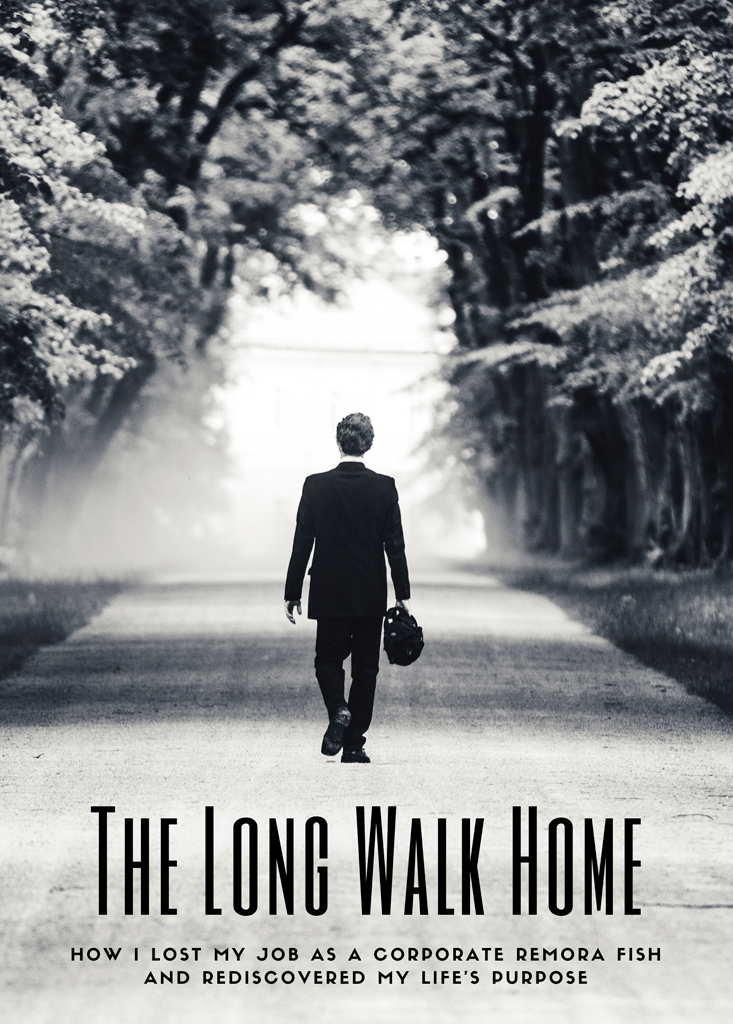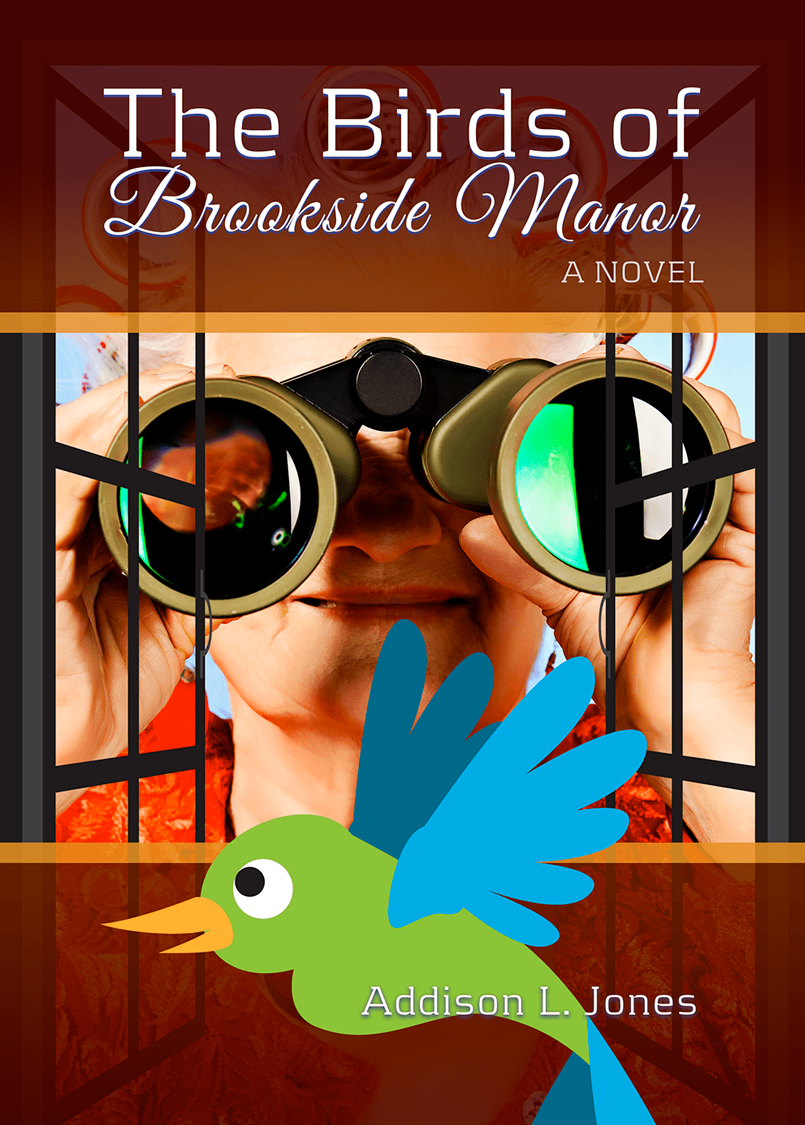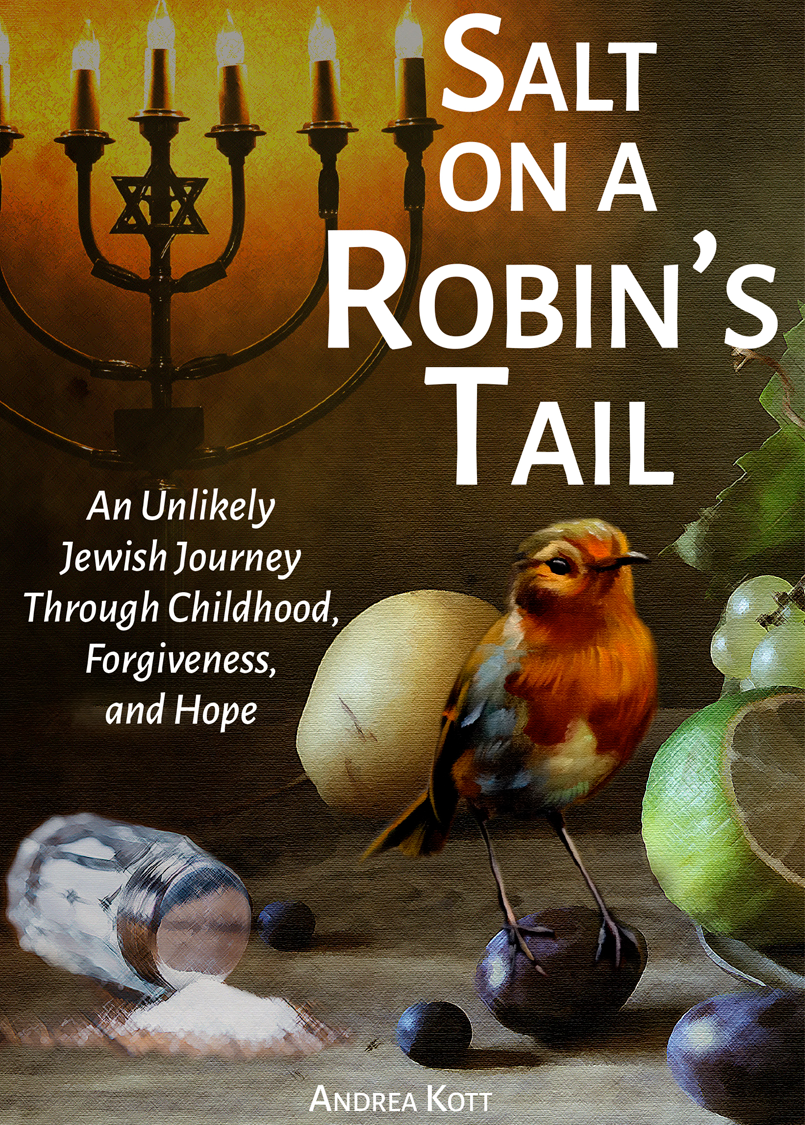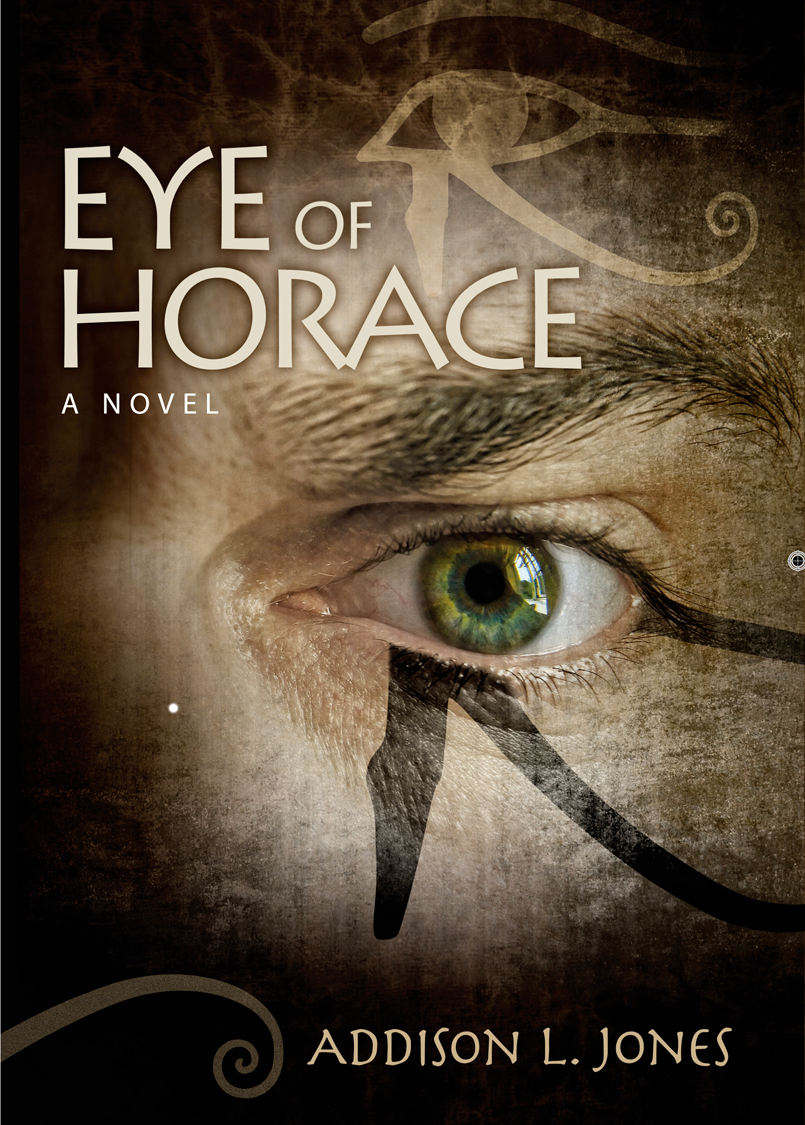Description
Thirty-Three Cecils
And in complete honesty—and I have no experience with honesty, so I’m winging it here—I also need to clarify that she wasn’t exactly a witch, or at least I don’t think she was. I can call her a witch because Clyde had called her a witch, so there’s a loophole where I can use the term and still tell the story truthfully. The individual in question made her living as a fortune teller, and in Clyde’s Southern view of folks, this made her as much a witch as Glenda and all her sisters. This particular witch’s name was Opal Boggs.
This is true. Her name was Opal Boggs, which is an ideal name for a witch, and she made her living reading cards—not tarot cards but regular playing cards. She had only one eye and chewed tobacco. Clyde reluctantly drove me over soggy Mississippi roads that shot around rotting clapboard farmhouses until we arrived at Opal’s squat cinderblock house. Her home was on a slight hill, as all witches’ homes should be, and it was guarded by an army of rusting appliances. We went inside and Opal read my cards, which was the real reason I wanted to meet her.
Now, it’s important to note that nothing Opal told me about my future came true. Nothing. Catherine and I didn’t stay married forever. My three young daughters did not all grow up to be beautiful young women because Rachel was killed four months later when a truck hit her while she was riding her bike twenty feet from our front door. I would think any self- respecting fortune teller would have seen that one coming. And the film we were making did not become a financial success, but instead became evi- dence toward the thirteen felony, fraud, and counterfeiting charges against me. This led to my arrest, my trial, and, after being splashed all over television and the newspaper, left me humiliated, bankrupt, and divorced.
But one thing Opal said, one thing she told me, she nailed. Man, did she nail it. While arranging cards across a rickety card table, while spit- ting brown tobacco globs into a Folger’s can that sat near her foot, Opal stopped. She wiped her lip with the sleeve of her flannel shirt. She looked down at the six of clubs on top of the king of diamonds, then mumbled, to no one in particular—especially not to me—the seven words that still echo in my head.
She said, “He sure do disappoint people, don’t he?”
There was a pause. I swallowed. Then she flipped another card and continued.
And the award for insight goes to Opal Boggs.
He sure do disappoint people, don’t he?
Yes, I do. And not some. Not many. All. There is no one, not a single person, who has been spared. There is not a director, not one of my children, business partners, friends, investors, no one I have not completely and utterly disappointed. All came to me and all were turned away worse off for it—from my daughters waiting for lunch and having me tell them that every Burger King in Erie was closed because I couldn’t write another bad check and didn’t have enough cash for a kid’s meal, to my production company wanting to know why their check bounced.
These were the trusts I broke. These were the lies I told. These were the wounded souls I preyed upon.
Lawyers. Friends. Creditors. Clients. Neighbors. Family. Clergy. Cops.
He sure do disappoint people, don’t he?
And that’s where I am now. On the other side, but still in it. Free, but still cuffed. Resolved, but on my way back down into the mine and writing this—writing anything—for the first time in years. Beginning again and attempting a redo. Working toward full disclosure, the truth, all of it, no matter how much the old scabs are torn open and the fresh cuts bleed. Just to see if I can.
Because I have this idea. A hopeful idea. This Grinch has a wonderfully hopeful idea—of how I can stop it. And that’s where I am now.
The confession and catharsis I’m attempting will come. Eventually. And I will lay it all at your feet, dear reader. I’ll give the details that led to my arrest—which, unless you were somewhere in the Danakil Desert, humming with your hands over your ears and your eyes closed, you’ve heard something about.
And although I was a bit preoccupied when the great media machine descended on me, I have since caught up. I have spent countless hours in the library reading old newspaper microfilm from that period of time— there is a sickening pleasure in hitting pain-rewind—and I believe I’ve read most of them.
The basic ones—Creator of the children’s classic That Walrus Is Not on the Guest List arrested for bank fraud and counterfeiting; Four new counts added to Walker Roe case—are fine. Accurate and simple. But some of the others—Walker Roe sentenced up to a Thousand Tuesdays—are just plain silly. They’re trying to play on the name of my company, Ten Tuesdays, Inc., but a thousand Tuesdays is almost twenty years. The most I would have gotten would have been twelve. It’s very sloppy journalism—after all, it’s not lenience I’m looking for here; it’s accuracy. Continuity.
In the end, I was far more famous as a forger then I ever was as a cartoonist or filmmaker, having just enough success to warrant being hanged publicly. But it was also the story itself. You have to admit the concept was good. The creator of the cartoons and films about ethics and morals, about kindness and goodness, going on to defraud banks and counterfeit currency is newsworthy. The keynote speaker on subjects such as power and perseverance robbing from his own company is good stuff.
And the aspect that made it truly juicy was—I did it. I did it all. There was nothing I was accused of that I didn’t do.
If you followed the trial, though, you will see that I did fight. But I was fighting in proxy. I was fighting for Catherine, Abby, and Liz. I was fighting so there would be something left of me and something left of our home to give to them. If it were just me, I would have asked for stiffer sentencing and requested that flogging and thumbscrews be involved, so great was my self-loathing.
And in the end I was purged and made clean; I served my full sentence, leaving me without any need for parole or conditions, and I came out on the other end clean—no home, no income, no family, no more good name.
I will discuss more of this as soon as I recover from what I’ve just writ- ten, and possibly I’ll be able to write about Rachel’s death for the first time. But I want to get to the other part now, the true reason I began writing this after all these years. I want to talk about the thing, the idea, this nagging concept of change, of reprogramming—I know that you don’t want to take self-help advice from me, and I don’t blame you, but I believe this idea has some merit, if I can only coax it out a bit.
Here’s the concept. Let’s say there is a prisoner; we’ll call him Eddie because Eddie seems like a solid prisoner name. Eddie is going to escape from prison. He gets out of his cell, he gets outside the pod, and then out of the building, and makes it over the wall into the woods. Now, because Eddie is a detail-oriented type of guy, he manages to quickly ditch the orange prison jumpsuit and get into some street clothes. He gets a little cash and is a few hundred miles away before the guards even know he’s gone. Eddie is very good.
Now, Eddie is a disciplined man and once he is free, he does not make contact with his sister in Toms River, New Jersey, or his childhood friend in Middletown, New York, and he doesn’t even attend his mother’s funeral six months later. He cuts all ties with his past. But Eddie does not have a duffel bag full of money in a bus locker somewhere, so he’ll have to make a living, and for the sake of the example let’s say Eddie gets a new identity and gets himself a job.
So, with all that in mind, here is the question: Will Eddie be caught? Answer: Yes.
Why? Because without even realizing it, poor Eddie will begin operating according to his programming, and if the police are looking for him, they will find him. And when they do, Eddie will be making a living as a mechanic, like he did before. And he will be on a dart league, like he was before. And he will be a member of the Moose Club and he will order Gallica rose bulbs from a catalog and drink Mountain Dew and follow the Detroit Tigers. All just like he did before. And even though his name is now Brian Landers, he is still Eddie and if the police follow his profile, they will find him and they will drag his sorry backside back to A-block. Why? Because as disciplined as Eddie is, he never changed his programming. He never rewired. He is still reacting and thinking and living just like the Eddie the police were looking for.
Now, some would say that this programming is just who we are, our personality. Then, in Eddie’s case, he needs to get a new personality because that’s all that’s keeping him from going back to prison. And for that one percent of us who have everything exactly as it should be, sure, go ahead and call it your personality. But what if this personality is stopping us from taking better care of our families or making more money or being content or obtaining a personal relationship with God or just plain being happier? After all, this personality of ours didn’t come in a box. It was shipped to us over ten, twenty, forty, sixty years, being whittled and formed by each experience and fear and belief and desire. A trillion tiny thoughts, a million tiny events chipped away and made us, us.
We take the same route home from work. We sit in the same seats during lunch. We go to the same garage when our car doesn’t work and we order the same pizza on Saturday night. Is that our personality? Is that what makes us, us? Pizza and car repair?
Here is example two. Let’s say you are at the airport heading to Chicago for an important meeting for the standard big promotion, big contract, big life kind of meeting. Your boss is anxiously waiting for you to call him the nanosecond the meeting is over. This is one of those big, big deals.
Now, what would happen if before boarding the plane you cashed in your ticket and instead of going to Chicago you went to Key Largo and didn’t check your voicemail and just decided to lie on the beach for a few days? What would happen?
Many things. And you can be fairly sure that your life would change.
At that moment, life would change very quickly.
Now, why do we assume that in moments like that we can screw our lives up pretty quickly—get on the wrong airplane and an entire career is shot—but that we can’t make good things happen just as quickly? Who says? Again, you do not want to take self-help advice from me. I am only writing this to try to understand the paradox and begin working it out for my own selfish use.
Example three: me. Walker Roe. Forty-year-old ex-con, burnt-out filmmaker, cartoonist, counterfeiter, forger, divorced father of three girls— one in heaven and two down here. I’m the guy who still, years later, shows up in jokes that begin, “Walker Roe dies and shows up at the pearly gates and Saint Peter . . .”
At any point along the path—at jail, at my arrest, at the divorce, at the bankruptcy—any time along that line, a fuse could have popped, a wire could have sizzled, and I could have changed.
People do have epiphanies. In Sanskrit, the word is darsana: a sense of instantly seeing or beholding, a ripple so great that the cosmic reset button is triggered. It does happen. I’ve interviewed people who’ve experienced it.
But it didn’t happen to me.
I was emptied. I was hollowed out, cored, and left emotionally dead, surviving only on what rations of shame and self-hatred I could gather. But I continued. I continued as I was before. What little was left of me remained—a smaller version of the original, transcription errors and all, badly wired, programmed erratically, but remaining intact.
And, therefore, we can assume that I will make the same mistakes again. I will react to the same stimuli, I will come to the same conclusions, I will make the same decisions using the same pattern of thoughts and goals and self-serving fear as I did before. In effect, I will somehow do it all over again. Maybe not on the same scale—I doubt I will be given the tools to make as big a mess as I did before—but with enough time I will act selfishly enough and irresponsibly enough that my children or my ex-wife or others I have not yet met will be harmed.
Simply put, I will disappoint more people.
The point is that if I do not rewire, then this is inevitable: This . . . will
. . . all . . . happen . . . again.
That’s the gnawing idea. That’s the thought that has been scratching inside me and has led me to finally start writing after all these years. A human being may be able to act differently temporarily, to change his or her behavior for a while, but the wiring will always be there.
Now, you may believe that a toaster is truly a radio, but when you plug
the thing in, the coil will get red-hot and it will crave a piece of bread. So you leave the toaster unplugged and as long as it remains cold and useless, you can simply keep on believing that it is a radio.
And up until the very moment that you plug it in and press down the lever—it is.







